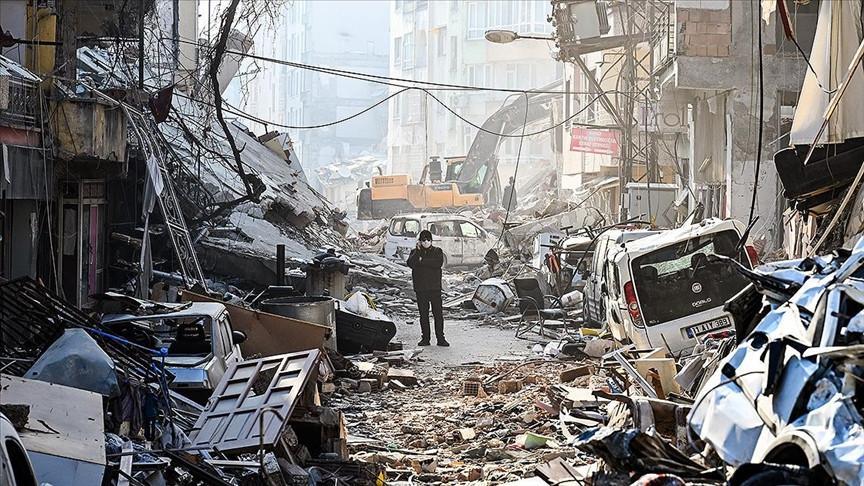
Google has acknowledged that its Android Earthquake Alert System (AEA) failed to provide timely and accurate warnings to millions during the devastating earthquakes that struck southern Türkiye on Feb. 6, 2023.
Despite being operational at the time, the system issued only 469 phones that received the system’s highest-level “Take Action” alert for the initial 7.7 magnitude quake — an alert designed to override "Do Not Disturb" settings and sound a loud alarm — far below the estimated 10 million people who were within range to receive the most urgent warning.
According to Google, another 500,000 users received a lower-tier "Be Aware" warning, which is intended for milder shaking and does not override device settings.
In a statement to the BBC, the tech giant admitted that its detection algorithms severely underestimated the scale ıf the quake, initially rating it between 4.5 and 4.9 on the Moment Magnitude Scale, far below the actual 7.7 magnitude. “We continue to improve the system based on what we learn in each earthquake,” a Google spokesperson said.
The missed alerts meant up to 10 million people within 158 kilometers of the epicenter could have missed a critical warning of up to 35 seconds. With the earthquake striking at 4:17 a.m., while many were asleep, an audible, intrusive alert could have been critical in saving lives.
The AEA system operates on Android devices, which account for over 70 percent of mobile phones in Türkiye. It is designed to detect seismic activity using data from millions of Android phones. Because earthquake waves travel more slowly than digital signals, the system can send alerts seconds before the shaking reaches users.
More than 53,000 people were killed and over 100,000 were injured in the twin quakes. The second 7.6-magnitude quake later that day was also misjudged by the system, though it prompted 8,158 “Take Action” alerts and nearly 4 million “Be Aware” notifications.
"Every earthquake early warning system grapples with the same challenge — tuning algorithms for large magnitude events," Google told the BBC.
While Google stressed the system is intended to supplement, not replace, national warning systems, some scientists warn that users may be placing too much trust in technologies not yet fully tested. Some experts have also voiced concerns over the delay in transparency.